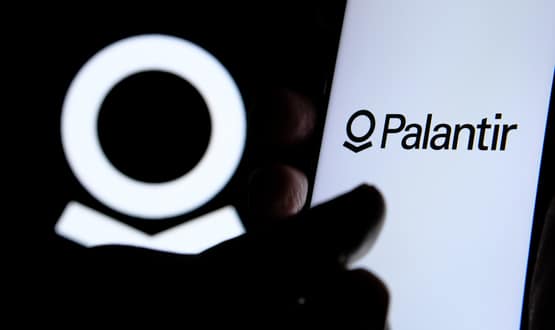iSoft pulls back from the precipice
- 5 October 2006
During the last few months iSoft has had a ‘near death experience’ the company’s chairman and acting chief executive, John Weston, has told EHI in an exclusive interview.
Speaking as CSC prepares to replaced Accenture as local service provider in two NHS regions served by iSoft, Weston said that without CSC’s support the company might have failed, but the new deal they signed in August effectively “wiped the slate clean”.
Just as critical, he says, has been the support of NHS Connecting for Health (CfH). “I think we’ve had a lot of support out of CfH, in terms of them still believing what we’ve got on offer is a good solution and without that we wouldn’t have survived the last few months.”
The iSoft boss though totally rejects the suggestion that CfH sought to find new ways to fund iSoft, such as advance payments through the existing systems agreement, to keep the company in business.
“That’s complete cobblers,” he told EHI. “It was a mechanism that provided a blanket agreement that suited the programme, we got some cash up front for doing that and gave CfH a discount on what they would otherwise have paid. I think CfH got a damned good deal out of that.”
Weston, who was chief executive of BAE Systems, between 1998-2002 – heading huge programmes like Eurofighter – joined iSoft as non-executive chairman in October 2005. But following the June resignation of chief executive Tim Whiston, as iSoft’s finances went into meltdown, Weston took the helm through the most turbulent three months in the company’s history.
Key issues that had to be dealt with included securing ongoing banking arrangements, publishing results and getting a set of accounts signed off and published. iSoft published provisional – or qualified – accounts six months late in August.
Aside from finance, the most pressing issue to be dealt with was the relationship with its key client, the National Programme for IT, through its prime contractors. The new financial arrangements provide no more than a reprieve, getting progressively more expensive over the next 15 months.
“Clearly we’ve had a torrid few months, one way and another,” acknowledges Weston. But with new banking facilities in place he says “the spectre of the company going bust the day after tomorrow has been removed.”
He added that as a result of the August re-financing deal with CSC, iSoft now has enough money to see through the development of its next generation Lorenzo product, “which we didn’t have three or four months ago.”
“The company has clearly been through a very rough time, partly because of the circumstances it finds itself in, but partly because of things that were in its control. And what we’ve got to do is go about fixing those things.”
However, Weston says that this is beginning to be turned around and once uncertainties are removed, “the fundamental attractions of the business will shine through, particularly the company’s strong installed legacy position across the UK.”
He added: “What we need to fix is delivering things when we say we are going to deliver them, to a quality we can be really proud of,” Weston told EHI. Drawing on his BAE experience, he adds “I have yet to come across a complex programme that has run like a Swiss watch.”
He confided to EHI, “I think we’ve been through a near death experience in the last few months, and I think the company as a whole, and not just the senior management is aware of that, and that we are now doing the things we need to do to deliver and have got just one more chance to get it right.”
Weston told EHI he was now absolutely convinced iSoft will deliver. “We’re going to do it. I’ve got absolutely no doubt about that whatsoever.”
An extended version of this interview will appear on E-Health Insider tomorrow (October 6).




